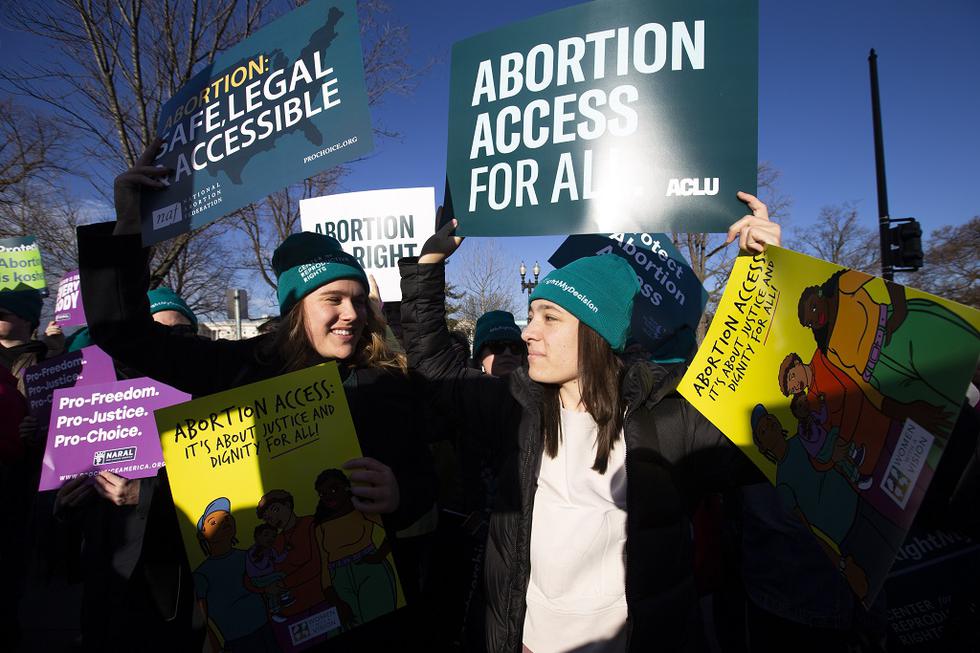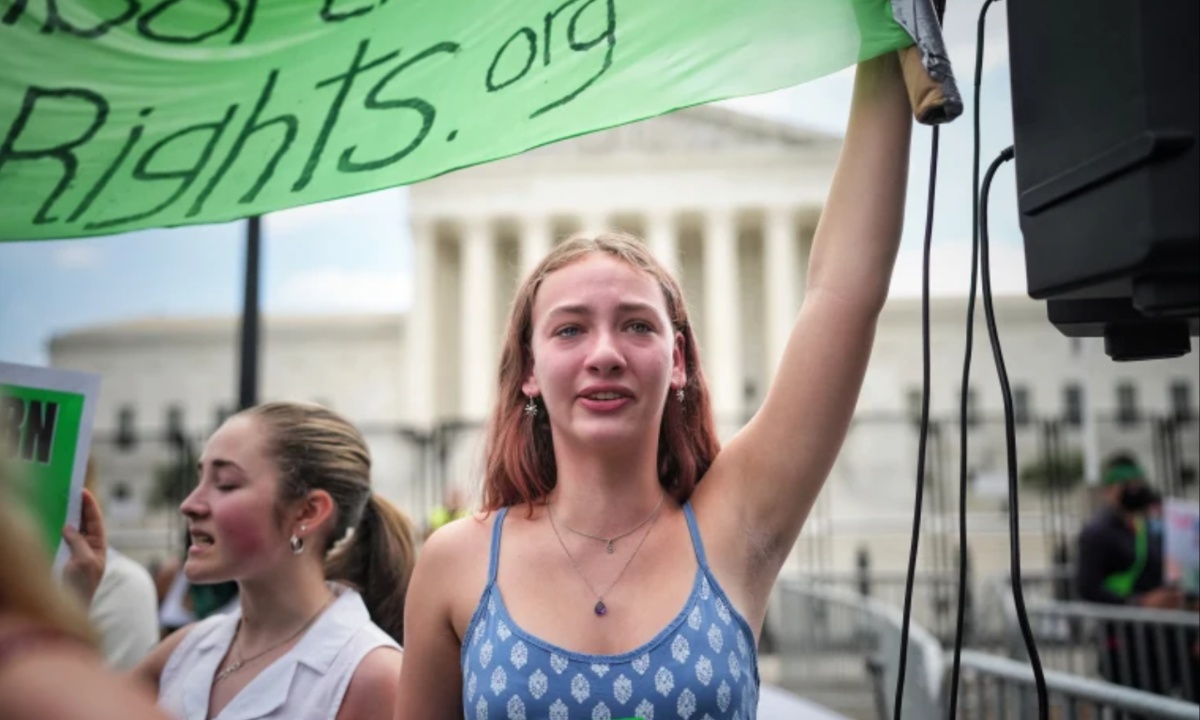This fall, a woman in Nevada reached out to the Wild West Access Fund, an abortion fund, for assistance with an abortion procedure. She was nearly 20 weeks pregnant but couldn’t afford the $2,000 cost of the procedure. Desperate, she attempted to pawn her vehicle to gather the necessary funds but faced the increasing difficulty of raising money as prices for abortion procedures escalated.
Abortion costs vary depending on the trimester, with first trimester procedures around $500, second trimester ones reaching about $2,000, and third trimester ones costing thousands, sometimes as much as $25,000. Since the Supreme Court overturned Roe v. Wade in 2022, many states have banned or severely restricted abortion access, leading to increased travel costs for those seeking procedures.
The woman eventually stopped communicating with the fund, leaving workers uncertain if she was able to receive the abortion. Macy Haverda, executive director of the Wild West Access Fund, mentioned that many clients are forced to sell possessions to afford the cost of abortions.
Abortion debt has become a significant issue, with patients increasingly relying on credit cards, loans, or pawning belongings to pay for abortions. Interviews with clinics, abortion funds, and organizers have highlighted the growing financial burden faced by abortion seekers since the overturning of Roe v. Wade, as more people take on debt to access care.
To address this issue, the Debt Collective, a union advocating for debt relief, announced a $50,000 grant to support abortion funds. Astra Taylor, co-founder of the Debt Collective, emphasized that high costs, including travel and lodging, are effectively creating a second ban on abortion care.
Both abortion access and medical debt relief are politically popular issues, as demonstrated by the strong performance of abortion rights measures in recent elections and widespread dissatisfaction with the healthcare system. Lindsey Muniak, who works on medical debt projects for the Debt Collective, compared the burden of medical debt to a constricting snake.

While healthcare debt is often measured, the full scope of abortion debt remains unclear. Unlike other healthcare services, abortion clinics typically require upfront payments, making it difficult to track outstanding debt through credit bureau data.
Many patients may end up incurring additional costs like travel and lodging, which can seem benign on a credit card statement but accumulate into significant financial burdens. Fund workers and clinic staff acknowledge that as abortion costs rise, patients are sinking deeper into debt, and the available funding sources are becoming more strained.
The situation is worsened by the contraction of funding networks. Large advocacy organizations like Planned Parenthood are spending substantial sums on political campaigns while reducing financial assistance for abortion procedures. At the same time, donations to abortion funds have declined, and patients are now facing longer travel distances and higher costs due to the increasing number of abortion bans.
Lucy Font, a patient advocate at Partners in Abortion Care, explained that some patients are too afraid to borrow money from family or friends due to the stigma and criminalization of abortion, leading them to resort to payday loans or other high-interest financial solutions.
A study conducted before the Dobbs v. Jackson Women’s Health Organization ruling found that 40% of abortion patients experienced “catastrophic health expenditures,” meaning the cost of their procedure amounted to 40% or more of their financial capacity. Post-Dobbs, patients must travel greater distances to access abortion services, with travel costs now averaging over $1,000.

The Hyde Amendment further complicates matters, as it prohibits federal funds from being used for abortion services unless state funds are also available, and these reimbursement rates vary widely. This puts a greater financial strain on patients already facing limited resources.
Abortion funds, primarily grassroots organizations sustained by donations, are also facing growing challenges. The Prairie Abortion Fund’s Destini Spaeth shared an example of a patient who incurred $4,500 in credit card debt to pay for an abortion. In some cases, multiple abortion funds come together to help cover the cost of a single abortion, but these funds are stretched thin, struggling to meet the rising demand.
Victoria, a woman who sought an abortion in 2021, found herself burdened with both medical debt and educational debt, illustrating how interconnected various forms of debt have become for many people.
Independent abortion clinics, which perform a large portion of abortions, are also facing financial difficulties. Since the Dobbs decision, 76 such clinics have closed, and those that remain often offer discounted care to desperate patients, further compounding their financial losses. Clinics like Partners in Abortion Care have discounted over $80,000 in services since July, but the financial strain nearly caused the clinic to close in mid-October. Without philanthropic assistance, the clinic would have been unable to continue operating.
All of these factors highlight a broader societal debt to the organizations and individuals providing abortion care in increasingly hostile environments. In Poland, activists symbolically presented a €11.5 million bill for their efforts to support abortion care under restrictive conditions, and the Debt Collective suggests that a similar reckoning should occur in the U.S.
The collective advocates for the cancellation of abortion-related debt, framing it as a medical debt issue that should be prevented from happening in the first place. Maddy Clifford, a member of the Debt Collective, shared her personal experience of having an abortion years ago at a clinic where the procedure was free, and she wants to see such care become universally accessible without forcing people into debt.


